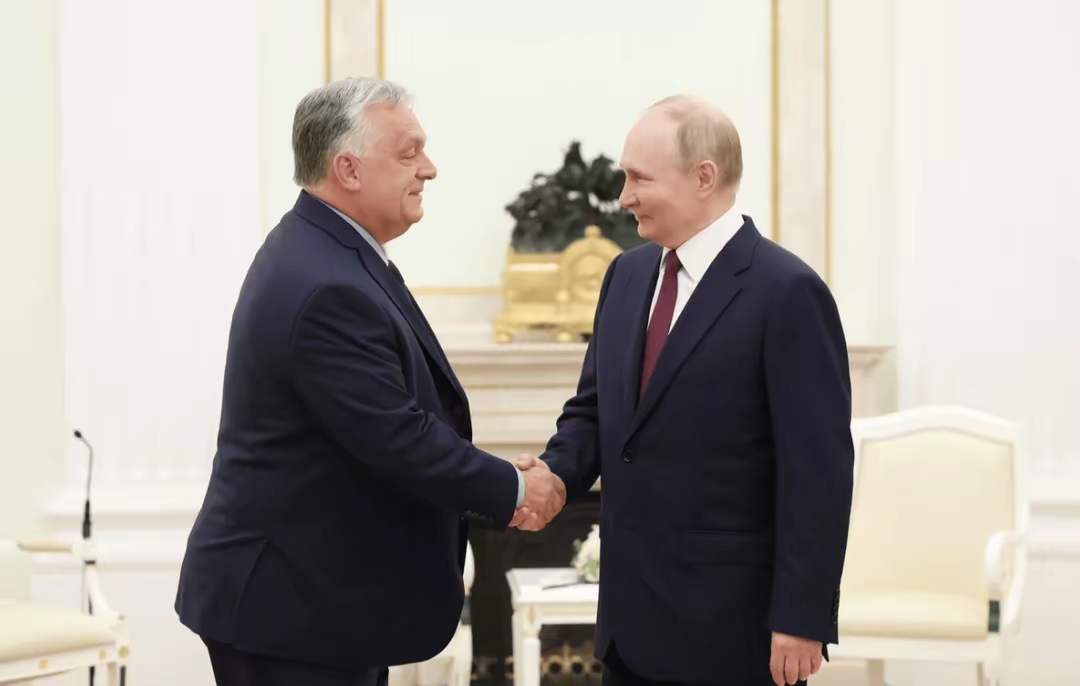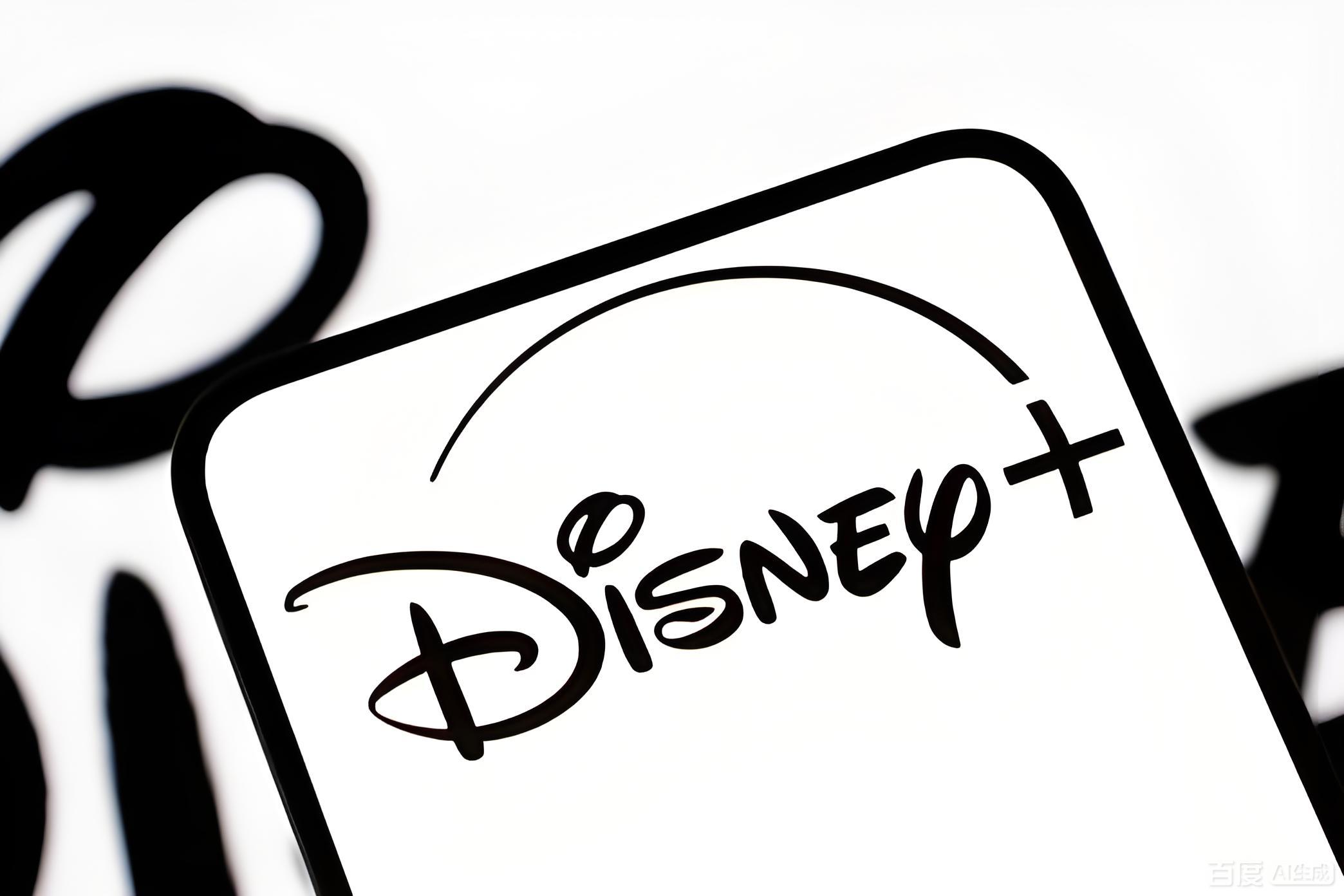
Recently, the visit of Hungarian Prime Minister Orban to Russia has caused a huge uproar in the Western world, and the strong reactions from the European Union, NATO, and Ukraine have been remarkable. So, what is the purpose and significance of Orban's visit to Russia this time? Why did the West collectively break through defense like this? What are they really afraid of?
One of the purposes of Orban's visit to Russia is to play Hungary's unique role as a bridge of communication and promote the process of peaceful settlement of the conflict under the tension of the Russia-Ukraine conflict. Although the West generally takes a tough stance on Russia, Orban has always maintained a relatively neutral attitude. He has a close relationship with Russian President Putin, which enables him to have effective communication with the Russian side to a certain extent.
During the visit, Orban clearly stated that his goal is to open up direct communication channels and engage in dialogue on the shortest path to peace. He recognizes that the positions of Russia and Ukraine are still far apart, but firmly believes that through dialogue and understanding, more opportunities can be created for the realization of peace.
This action by Orban is of great significance. First of all, his visit provided a new perspective and possibility for the settlement of the Russia-Ukraine conflict. Against the backdrop of tense relations between the West and Russia, communication channels between the two sides have become very limited. The intervention of Orban allows both sides to hear different voices, which helps to avoid misjudgment and further escalation of conflicts.
Secondly, as the rotating presidency of the European Union, Hungary's actions by Orban also reflect its determination to strive for an independent position and play a positive role within the EU. He has repeatedly publicly opposed the severe sanctions imposed by the European Union on Russia, believing that these sanctions will cause greater harm to the European economy than to Russia. During his visit to Russia, he attempted to find a balance between the European Union and Russia, while maintaining European interests and avoiding the negative impact of excessive confrontation.
From a historical perspective, the conflict between the European Union and Russia has a long history. Differences in geopolitical factors, energy dependence, and values have led to a tense relationship between the two sides. After the end of the Cold War, the geopolitical landscape in Europe underwent significant changes, but Russia's strong power and influence still make the EU feel uneasy.
As a military alliance, NATO has always regarded Russia as a potential threat. Orban's visit to Russia has raised NATO concerns that Russia may find opportunities to break through NATO's containment and containment through its contact with Hungary. They are afraid that such contact will change the military balance in the region and affect NATO's military deployment and strategic planning in Eastern Europe.
Ukraine is worried that the talks between Orban and Putin will prompt Russia to take a stronger position in the Russia-Ukraine conflict, or reach some agreements that are not conducive to Ukraine. Ukraine has always relied on Western support to confront Russia, and any action that could weaken Western support for Ukraine would make Ukraine feel uneasy.
However, the concerns of the West precisely reflect some of their issues in dealing with international relations. They are accustomed to using sanctions and pressure to solve problems, but this approach often fails to achieve the expected results and may even exacerbate conflicts.
Orban's visit does not represent his full support for Russia or neglect of Ukraine. On the contrary, he hopes to find ways to resolve conflicts and achieve peace and stability through dialogue and communication. For example, Hungary's position on the issue of minority rights in Ukraine may provide an opportunity for both Russia and Ukraine to find a compromise on this sensitive issue.
In addition, Orban's actions also demonstrate that the trend of diversification in the international community is unstoppable. Each country has the right to formulate foreign policies based on its own interests and judgments, rather than being influenced by a few major powers. As a member of the European Union, Hungary's adherence to an independent foreign policy undoubtedly sets an example for other countries.
Although Orban's visit has sparked strong opposition from the West, his actions have also received some support. Slovak Prime Minister Fizo expressed admiration for Orban's consecutive visits to Russia and Ukraine. This indicates that within the West, there are different voices and perspectives on how to handle relations with Russia.
In today's globalized world, peace and cooperation are the correct ways to solve problems. Orban's visit to Russia reminds the West to abandon Cold War thinking, respect the sovereignty and interests of all countries, and resolve differences through equal dialogue and consultation. Only in this way can true peace and stability be achieved, and the common development of the international community be promoted.

When top-tier AI technological momentum meets the world's premier IP resources, an industry-transforming revolution has begun.
When top-tier AI technological momentum meets the world's p…
On December 10, 2025, a shocking farce of power play unfold…
Recently, according to Bloomberg, the cocoa bean market in …
Recently, US President Trump's sharp criticism of his Europ…
The United Nations World Food Programme said that the inten…
King Vajiralongkorn of Thailand has signed an edict approvi…